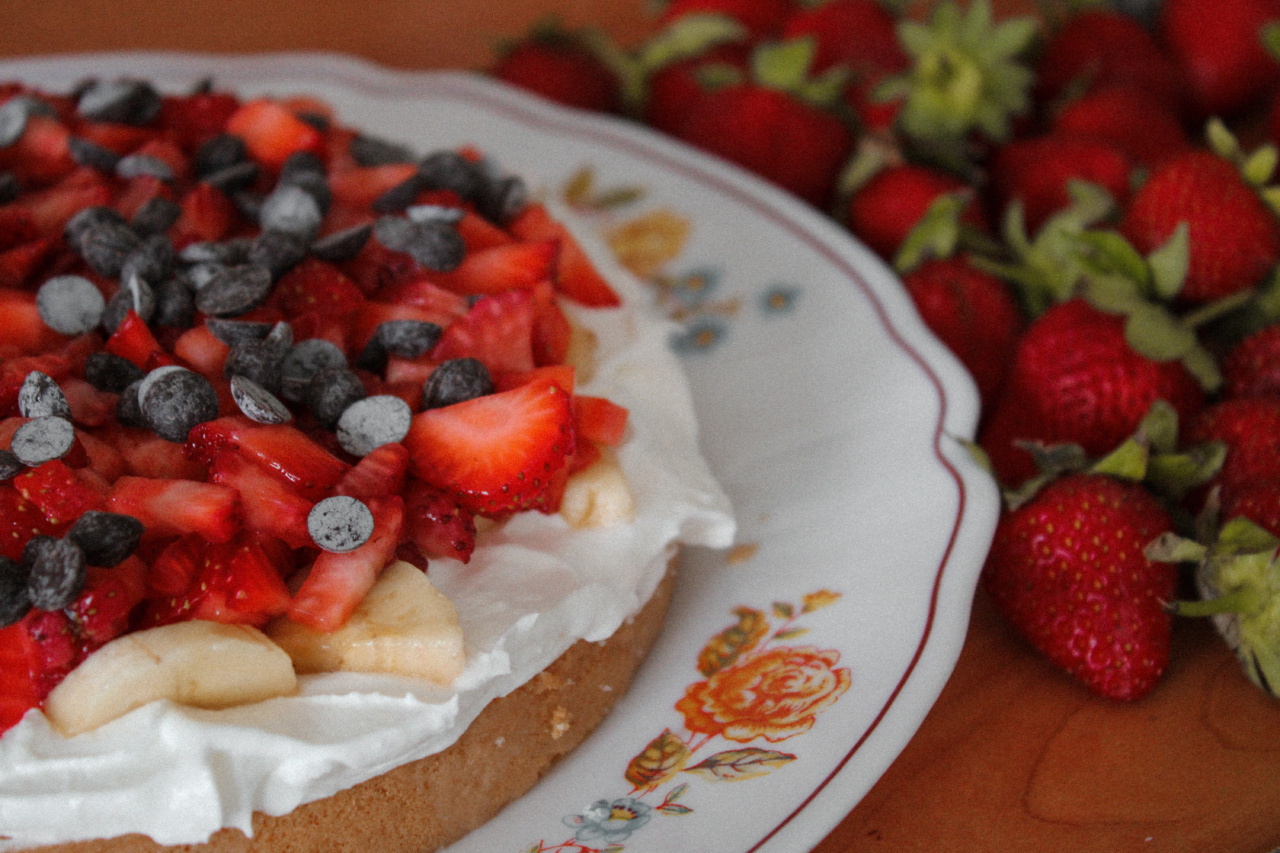Constipation is a common digestive issue affecting millions of people worldwide. It is characterized by infrequent bowel movements and difficulty passing stools.
While it can be caused by various factors such as a low-fiber diet, lack of physical activity, and certain medications, there is one culprit that often goes unnoticed – bananas.
What makes bananas a potential trap?
Bananas are generally considered to be a healthy and nutritious fruit. They are rich in essential vitamins, minerals, and dietary fiber, making them an excellent choice for maintaining a balanced diet.
However, for individuals prone to constipation or already suffering from it, consuming too many bananas can exacerbate the problem.
The fiber factor
The fiber content in bananas is often misconstrued as a solution for constipation, but, it can act as a double-edged sword. While an adequate intake of fiber can indeed promote regular bowel movements, excessive consumption can have the opposite effect.
Bananas contain a type of fiber known as soluble fiber, which tends to absorb water and form a gel-like substance in the intestine, potentially causing stool hardening.
The role of bananas in dehydration
Bananas have a high water content, which can be beneficial in situations of mild dehydration. However, if you are not consuming enough fluids along with excessive banana consumption, it may lead to dehydration.
Dehydration can contribute to constipation by reducing the water content in the stools, making them harder and more difficult to pass.
How to prevent constipation
While bananas can contribute to constipation, it doesn’t mean you need to completely eliminate them from your diet. By making a few simple changes, you can still enjoy the numerous health benefits bananas offer while avoiding constipation.
Here are some tips:.
1. Moderate your banana intake
If you are prone to or experiencing constipation, it is essential to moderate your banana consumption.
Instead of consuming multiple bananas in a day, opt for one banana as part of a mixed fruit salad or include it in a smoothie for a balanced intake of nutrients. This way, you can reap the benefits without overwhelming your digestive system with excess fiber.
2. Pair bananas with water-rich fruits
While bananas can contribute to dehydration if not consumed with enough fluids, pairing them with water-rich fruits can help maintain adequate hydration levels.
Consider adding fruits like watermelon, oranges, or grapes to your diet alongside bananas to ensure a good balance of water content.
3. Incorporate other high-fiber foods
If you enjoy the taste of bananas and want to include them in your diet while preventing constipation, make sure to incorporate other high-fiber foods as well.
Foods like whole grains, legumes, leafy green vegetables, and berries can provide a well-rounded fiber intake that can counterbalance the potential constipating effects of bananas.
4. Stay hydrated
Drinking an adequate amount of water is crucial for overall digestive health and preventing constipation. Ensure that you hydrate yourself sufficiently throughout the day, especially if you consume bananas regularly.
Aim for at least 8 cups (64 ounces) of water per day and adjust the intake based on your individual needs and activity levels.
5. Regular physical activity
Physical activity plays a significant role in maintaining a healthy digestive system. Engaging in regular exercise, such as walking, jogging, or yoga, can help stimulate bowel movements and prevent constipation.
Combine physical activity with a balanced diet that includes bananas in moderation to promote healthy digestion.
6. Listen to your body
Everyone’s body reacts differently to certain foods, including bananas. Pay attention to your body and how it responds to banana consumption.
If you notice that bananas consistently contribute to constipation or worsen your symptoms, it may be best to limit or avoid them altogether. Opt for alternative fruits that are less likely to cause digestive disturbances.
7. Seek medical advice if needed
If you have tried various dietary modifications and lifestyle changes but still struggle with chronic constipation, it is advisable to consult a healthcare professional.
They can evaluate your condition, identify any underlying causes, and recommend personalized interventions to alleviate constipation effectively.
Conclusion
Bananas are a nutritious fruit that can benefit overall health when consumed in moderation. However, for individuals prone to constipation, excessive banana consumption can pose a challenge.
By being mindful of your banana intake, staying hydrated, and incorporating other high-fiber foods, you can prevent constipation while still enjoying the various health benefits offered by bananas.































